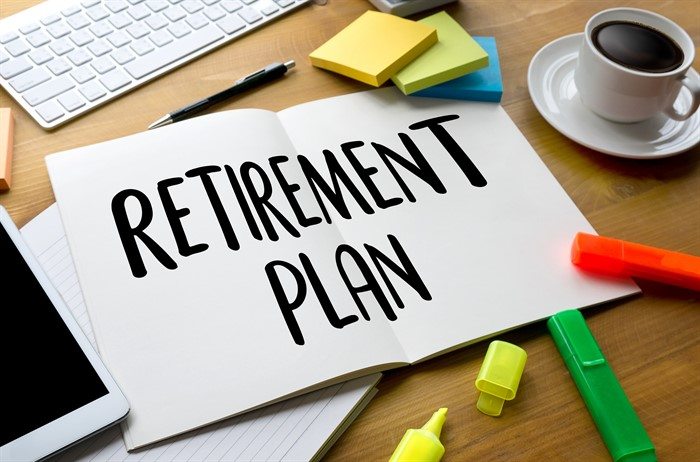We all have different reasons for calling time on our working life, or at least slowing down.
Maybe you want to see the world, experience new things or spend more time with the grandchildren. You might just have had enough of the 9-5 grind; it’s not only Dolly Parton who was looking for a change!
Whatever the reason, retirement is probably the biggest financial decision of your life. It needs to be planned carefully, a process which should ideally start many years before you decide to retire.
Here are eight things you should do in the years before you retire, as you might expect, we can help you with them all.
1. Think about the type of retirement you want
- What do you want to do with the next 20 – 30 years of your life?
- What do you want to achieve in your retirement?
- What do you want to look back on, when you are sat in your arm chair, in your 80s or 90s?
Those are some big questions. They need careful thought, probably over many months and perhaps even years.
Only once you have the answers (and we are experienced in helping our clients uncover what they really want) can you start to plan your finances.
2. Assess your income and expenditure needs
Retirement should be more than just getting by and paying the bills. Well planned, and carefully thought through, it can be the happiest time of your life.
Start by working out how much you need to spend each month on the essentials, remember to factor in rising prices too.
Then add in your discretionary spend, based on your ideal retirement. Remember, you might actually spend more in retirement then when you were working as you have more time on your hands.
Finally, factor in those one off costs such as a new car, home improvements or opening the ‘Bank of Gran and Grandad’!
3. Understand the State Pension
The State Pension is horribly complicated, but for most people it’s the foundation of their retirement income.
How much you will get, and when, is a mystery to most of us. Especially as consecutive governments have tampered with the State Retirement Age.
Understanding the fundamentals are crucial and it’s easy to find out what you will get and when by requesting a State Pension forecast.
Click here to get your forecast.
4. Understand your life expectancy
This may sound morbid, but knowing how many years you might be retired is a crucial piece of information. The longer you live the more you will need to stretch your resources.
Remember too, that as you get older life may become more expensive if ill health strikes or you need care in later life.
Most of our clients have a twin goal of accomplishing their retirement objectives, whilst leaving some capital to their loved ones when they are gone. Key to achieving this is to estimate, as best you can, how long you might live for.
This calculator from Aviva will help you understand your likely life expectancy and the number of years you will be retired.
5. Decide what you want to leave behind
The second part of that objective is to decide how much you want to leave behind. And, of course, to whom.
- Do you want to leave your entire estate?
- Are you happy spending your capital but leaving your property?
- Are you happy to leave nothing to younger generations?
These things need to be considered if you are to successfully plan your retirement. Leaving nothing behind, because you have spent too much in retirement, is just as bad as leaving too much and living too frugally in retirement.
It’s a balance, which isn’t always easy to strike.
6. Review existing pensions & investments
At some point, you are going to have to understand how much income your existing pensions and investments will provide.
And also, how you can best shape the income available to meet your needs.
Understanding what you can safely take each month from your pensions and investments, so that you are left with enough money to accomplish your retirement goals, isn’t necessarily easy. That’s where our skills and financial forecasting comes in.
Now, before you have retired and with enough time left to take any corrective action necessary, is the time to get that information. Not when you are close to retirement.
7. Get your affairs in order
We’ve talked a lot about leaving money to younger generations when you die.
But that’s only half the story. You also need to plan your estate to ensure that the right people get it, at the right time with, as little as possible paid in Inheritance Tax (IHT).
That means making a will and taking any measures necessary to reduce the IHT your estate will have to pay. At the same time, it’s sensible to ensure someone else can make decisions on your behalf, about your finances and care, if you are unable to do so. These are known as Powers of Attorney and are a sensible precaution, which could save your family hours of heartache and stress in the future.
8. In summary, build a plan
The people we know who have the most financial stable retirement, are those who have taken the time to plan.
You will only ever retire once, but we have helped dozens of people plan for the next stage of their life. To put it simply, we know what we are doing and can therefore help you plan both financially, and emotionally, for retirement.
If you would like to discuss how we can help, please get in touch with Ben or Jane on 0113 262 1242.






